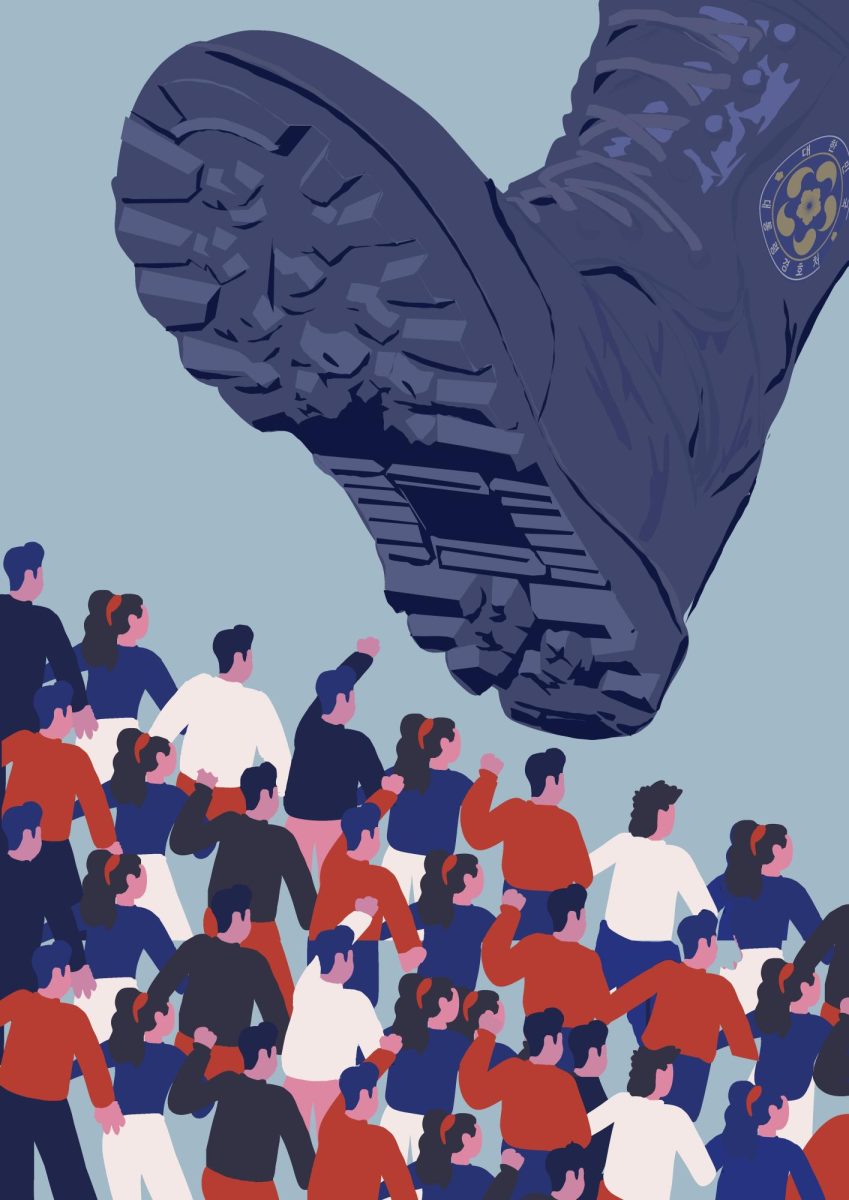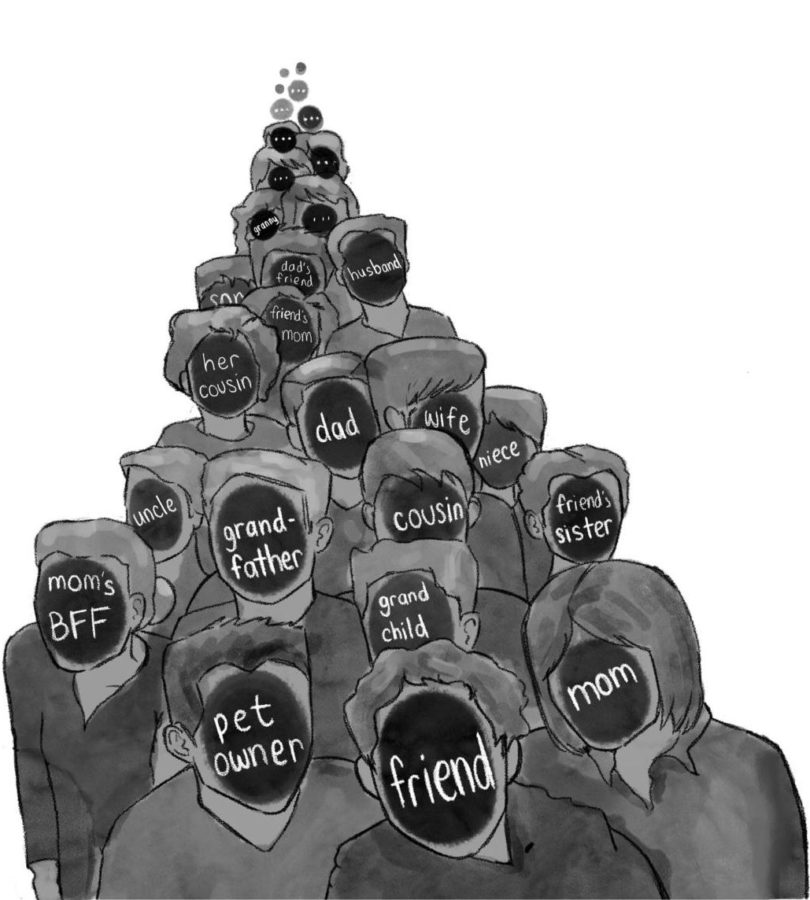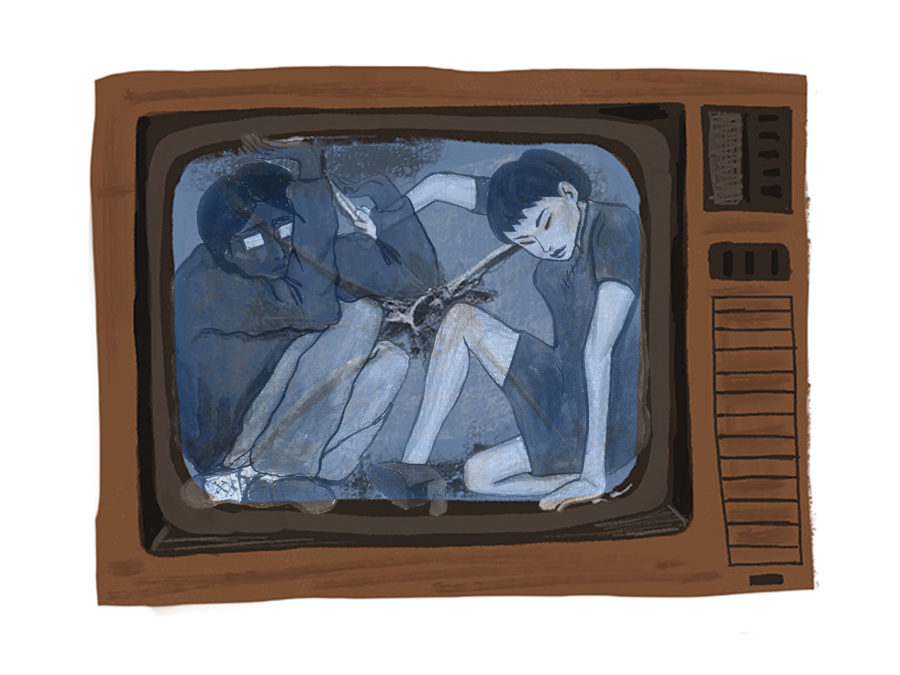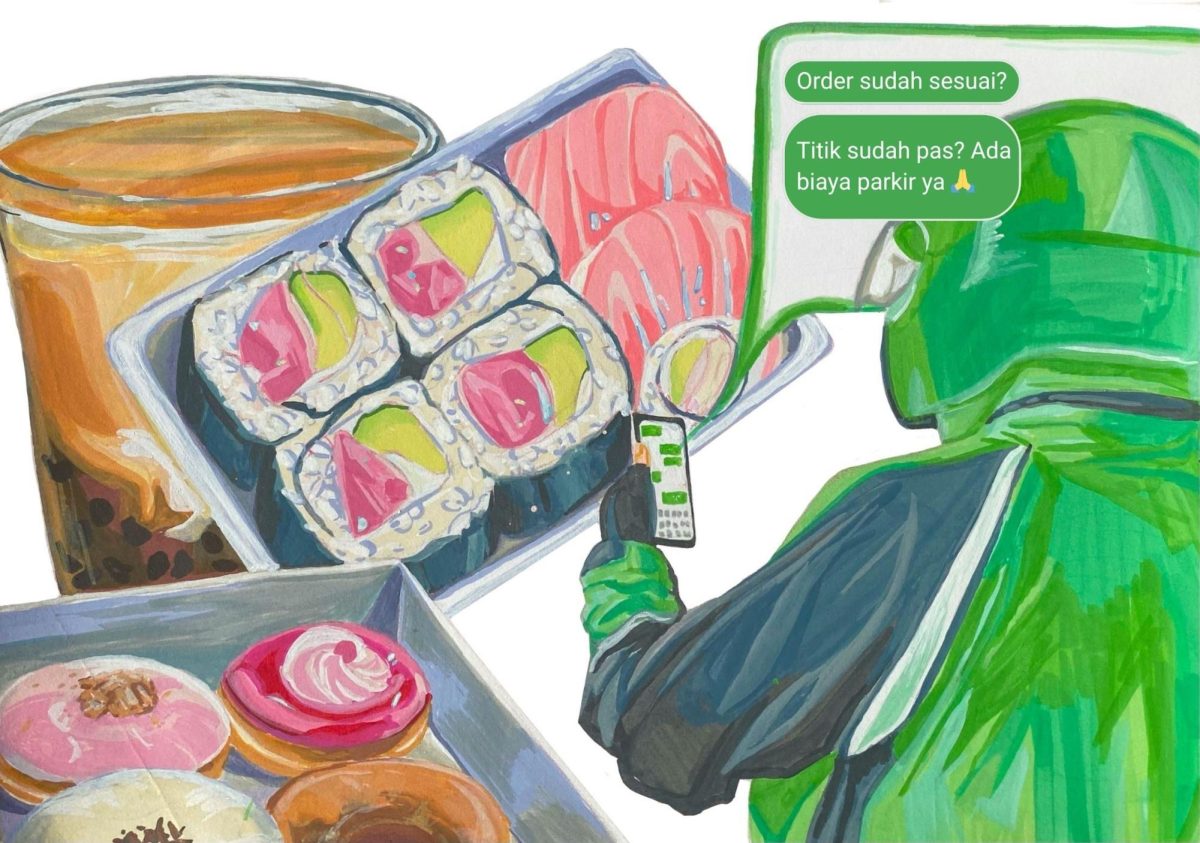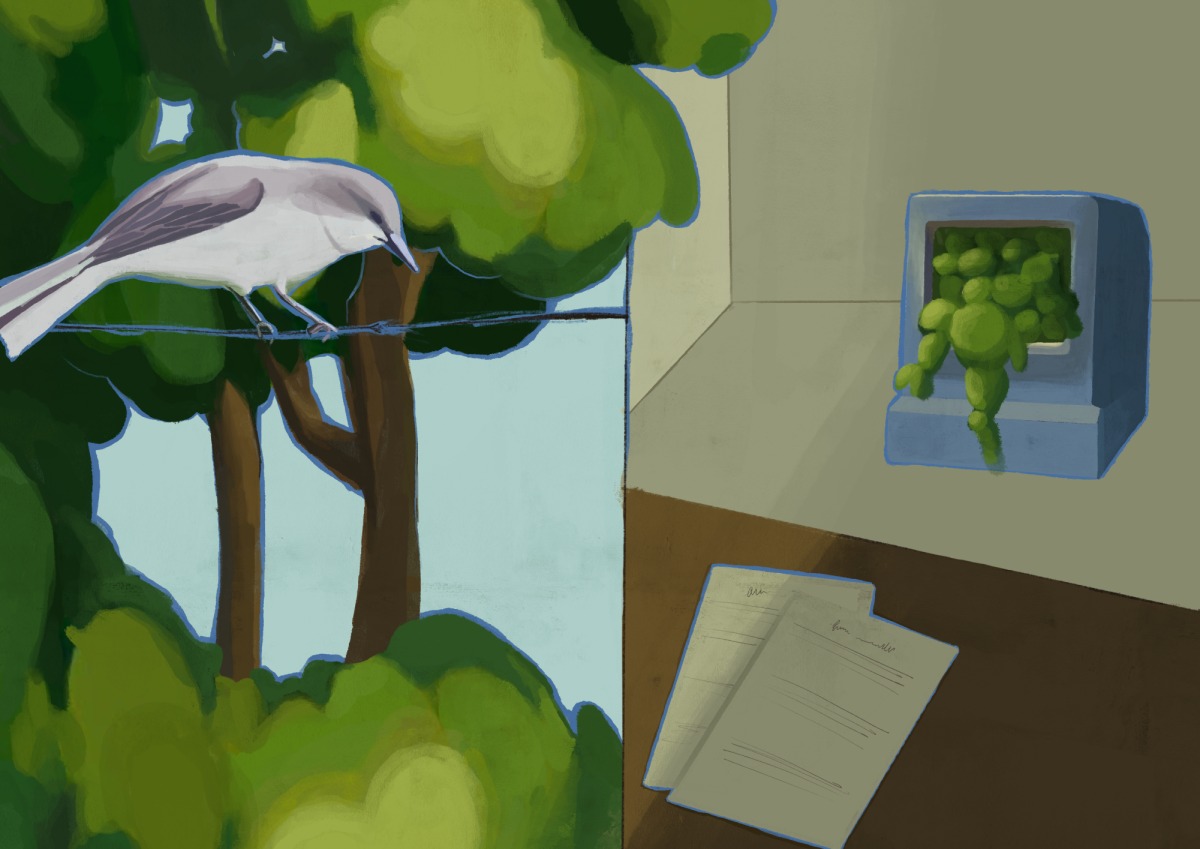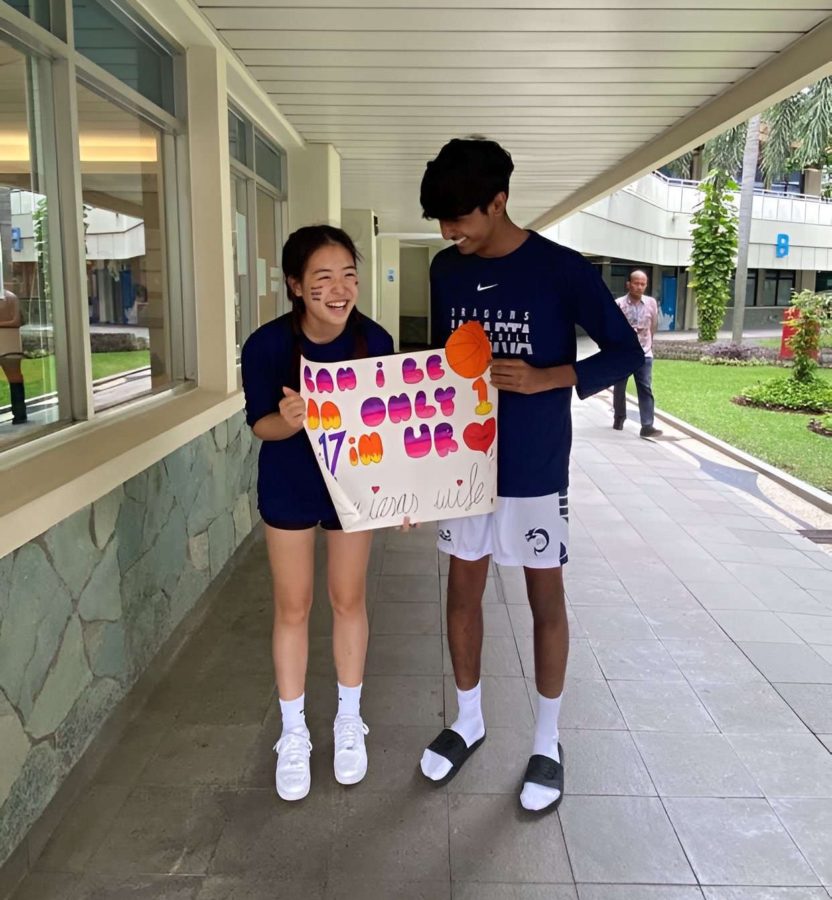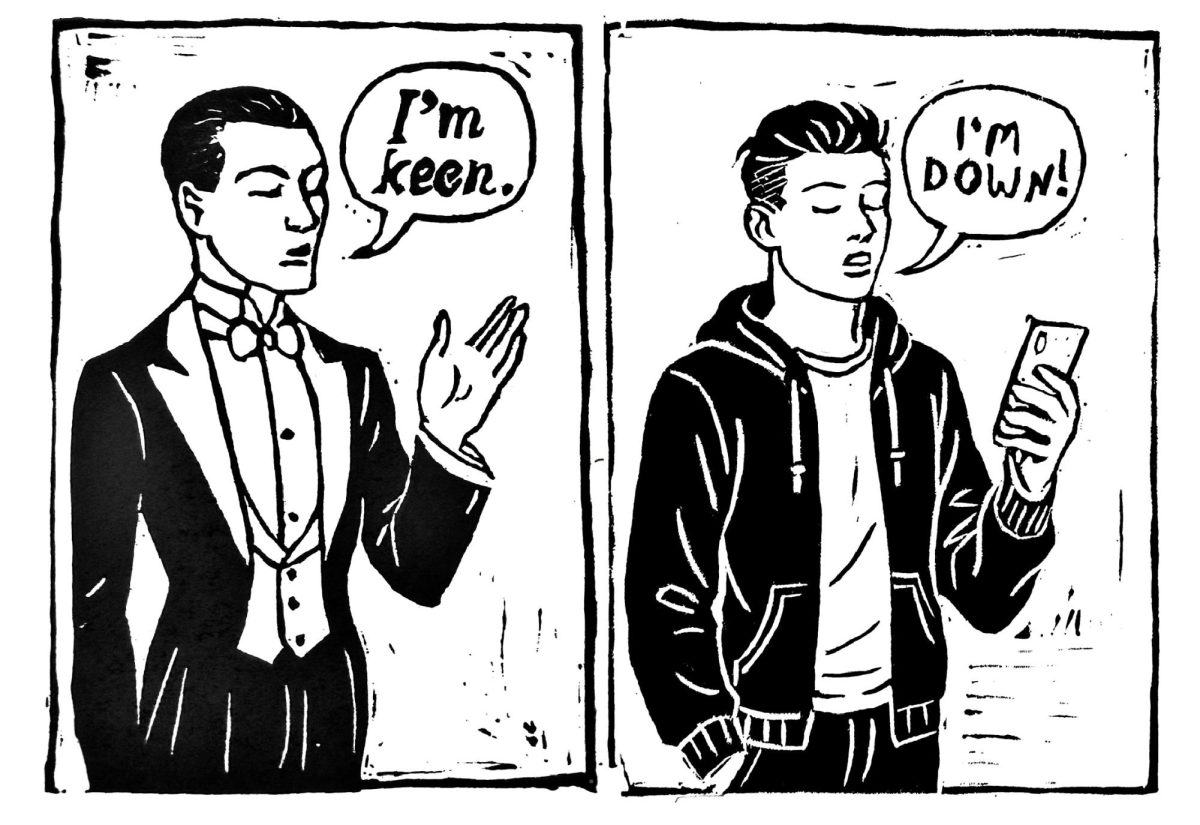Ornaments, pine trees, and Santa Claus – these iconic elements often evoke the spirit of Christmas, even without the traditional wintry scenes here in Indonesia. Despite being a predominantly Muslim nation –with less than 10% of the population identifying as Christians– Christmas in Indonesia is a colorful and communal affair that extends beyond religious boundaries, fostering unity and celebration.
In many parts of the world, religious diversity may often pose a challenge during festivities – especially regarding a holiday celebrated by the minority. However, the holiday spirit in Indonesia transcends religious differences and instead embraces harmonious celebrations highlighted by the Pancasila, the five Indonesian principles. Pancasila guides the nation to embrace the rights and morals of all Indonesian citizens, including the first Pancasila, “Ketuhanan Yang Maha Esa” – upholding the values of unity, religious collaboration, and acceptance.
In Indonesia (and in many other places), Catholics and Protestants celebrate this holiday in different ways. Catholics usually visit the church to attend Christmas or Christmas Eve mass, while Protestants generally celebrate Christmas through their own cultural traditions, which oftentimes depend on their church. “We incorporate Indonesian customs by wearing traditional costumes and [by singing] Indonesian Christmas songs,” Ms Shida Suparto, a Christian teacher and minister, explained.
In many cases, churches would hold a Christmas event in which all members come together to socialize and host performances and potlucks.
Regardless of whether Catholic or Protestant, a feast with family and friends is a scene typically found all across Indonesia; celebrating the gratitude and joy surrounding this time of year. Many also celebrate Christmas in the “westernized” way often depicted by the media, such as Hallmark movies. “[I] decorate my house, eat roast beef, and open presents underneath the [Christmas] tree, just like in the movies,” Gwenneth (Gwen) N, a Protestant junior at JIS, stated.
This westernized portrayal of Christmas is not just heralded in homes and churches in Jakarta but also in public spaces and malls, where a burst of decorations and festive displays signifies the start of the holiday season. Malls, in particular, turn into a winter wonderland, with elaborate decorations and themed events that captivate both locals and tourists, including ice skating rinks, winter-themed photo booths, and special performances. The Christmas settings in Jakarta sometimes appearing as early as November, underlying the openness to embracing Christmas celebrations in communal spaces, regardless of religious affiliations.
Though Indonesia is a largely Muslim-populated country, non-Christian citizens help celebrate these holidays in both minor and major ways. “People come up to wish [me] a Merry Christmas, and although it’s small, it’s still important nevertheless,” Gwen N. mentions. Furthermore, the government has also show their support for the celebration of Christmas by sending security to churches to ensure a peaceful and joyous mass. The Nahdlatul Ulama (the largest Islamic Organization in Indonesian) also wished all those who celebrate “Merry Christamas,”and the Istiqlal mosque (the largest mosque in Indonesia) has lent some of its parking spaces to pilgrims visiting the neighboring Jakarta Cathedral. “It enlightens me when I see peace and harmony from the people who come to celebrate Christmas, even if they might not be Christian,” another Protestant student mentioned.
In fact, one of the Catholic teachers at JIS, Mr. Oktavianus Palaga, has experienced these values in other areas near the Jakarta region, especially in a town called Kampung Sawah. While they are a predominantly Christian town, Mr. Palaga explains how the people would still celebrate Christmas with their neighbors, many of which are Muslim relatives. “They treat each other with respect and acceptance, cooking meals for the other when it’s their religious holiday. For Christmas, the Muslims will cook for the Catholics and for Lebaran, it’s the opposite,” he states. “There is no intolerance there. I felt so warm and welcomed when I visited.” Mr. Palaga expresses.
Although JIS does separate the different religious classes, they all come together in various ways to celebrate the holidays. From a student’s perspective, Indonesian students gain insight into each other’s religious beliefs, especially during Christmas. “JIS respects these values of different religions, and our Religion classes have taught us to respect one another and come together on Tolerance Day,” Stella A, a Catholic sophomore, explains. During Tolerance Day – a religion course event that appears to be relatively unique to JIS – teachers host a gallery walk for students featuring presentations of various religious traditions, scriptures, and history.
The religion teachers also demonstrate togetherness as Hindu, Buddhist, and Confucian teachers all collaborate to support the Christmas celebrations for the Christian classes.
Students from different huts with unique cultural backgrounds have even come together to conduct a Secret Santa before they leave for the winter break. “It’s an opportunity for those who don’t celebrate Christmas an experience of the festivities in a low-pressure way,” a student mentioned, further emphasizing the abundance of acceptance from various religions.
As Christmas day turns into night, families sit around their living rooms, continuing the joyous festivities. Some families in Indonesia celebrate with relatives who may have different beliefs (such as Buddhism, Islam, or Confucianism), nonetheless, whether that be relatives traveling overseas or just a short drive, they reunite in the spirit of celebrating togetherness. As Abigail S, a Protestant senior, puts it, “[Christmas] marks a new beginning for every one of us, and it’s also a time to celebrate with my family and really reconnect.”
Although the ever-present warmth here means the absence of wintry chills, Indonesia’s approach to Christmas showcases a tapestry of religious harmony, where the values lie in togetherness, acceptance, and the celebration of diversity. The festive season in Indonesia, with its unique blend of traditions and communal support, truly embodies the spirit of Christmas, uniting people across religions.

